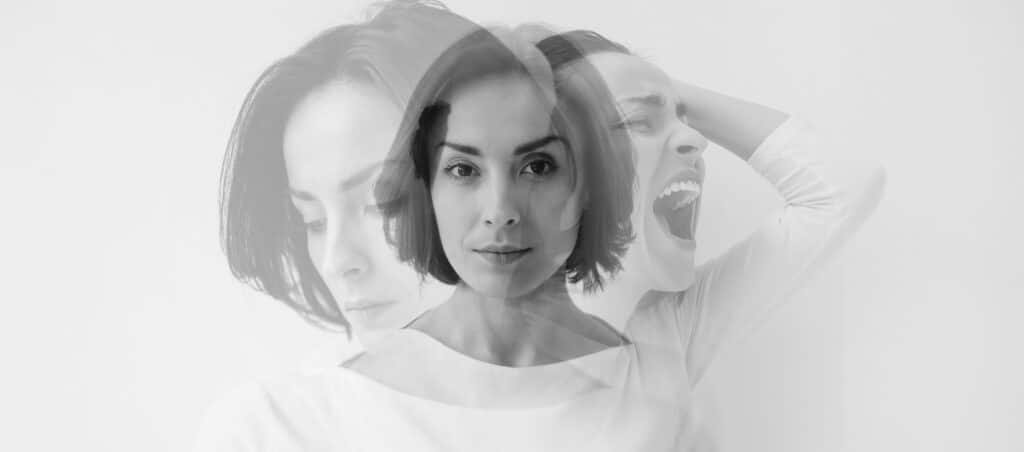
Depression is an illness that is characterized by low mood, feelings of guilt, and a general loss of interest in things. Clinical depression is a form of depressive disorder. Depression can affect anyone; it doesn’t matter who you are or where you come from.
The causes of depression are not entirely known, but it is now thought that it may be a combination of genetics, stress, hormonal changes, and inflammatory responses. The term chemical imbalance has been a simplified, made-for-TV explanation that does not necessarily reflect the causes of depression.
The symptoms of depression include but are not limited to low mood, feelings of guilt, difficulty concentrating, and general loss of interest in things (hobbies, social activities). There may be a general feeling of unhappiness, and there can be physical signs as well.
Other physical symptoms as a result of depression may include disturbed sleep or appetite. A person suffering from depression can also experience mood swings, irritability, and low self-esteem. More serious signs of depression include thoughts of death or suicide.
The most effective treatments for depression are dietary changes, exercise, medications, psychotherapy, or, ideally, a combination of the above.
For patients who have experienced one episode of clinical depression, there is a greater than 50% chance of depression recurring. This can be diminished by taking part in ongoing treatment (exercise can be a very effective treatment and prevention strategy).
Unfortunately, nearly half of the patients who have experienced more than one episode of depression will continue to suffer ongoing cognitive difficulties, even when their depression is considered to be in partial or full remission.